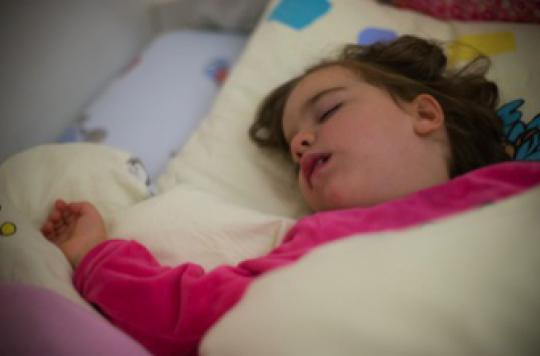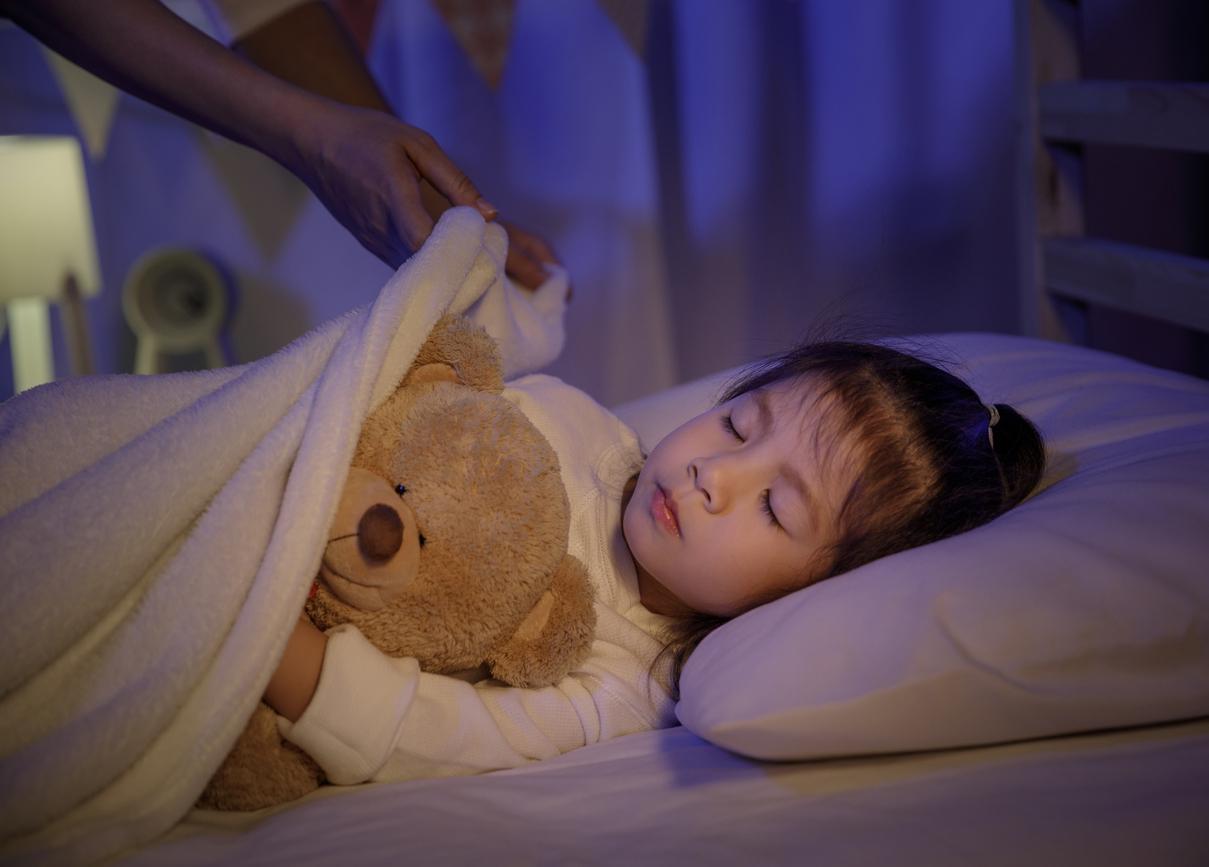A mutated gene would influence the sleep cycle of individuals. It is also a question of age and adaptation to a new rhythm of life, comments Dr Sylvie Royant-Parola.

We are not all equal when it comes to sleep. Some need 8 hours of sleep while 5 hours will be enough for others. In recent years, research has shown the role of genetic mutations. An American study, published in the journal Sleep, confirms these findings. But, according to the Dr Sylvie Royant-Parola, psychiatrist and head of the sleep exploration center at the Clinique du Château de Garches contacted by why actor, the hours spent sleeping also vary by age and lifestyle.
Resistance to lack of sleep
Conducted by a team from the American Academy of Sleep Medicine, the study examined the sleep of 100 pairs of same-sex twins without any particular chronic disorder. A carrier of the mutated gene, BHLE4, slept an average of 5 hours per night, compared to 6 hours 5 minutes in his twin. They were also more resistant to lack of sleep. The researchers prevented the twins from sleeping overnight, and measured the participants’ psychic behavior using a psychomotor vigilance test performed every two hours. Carriers of the mutated gene performed 40% more physically than their non-carrier twin. The time needed to recover after this deprivation is also shorter in carriers of the gene: 8 hours against 9.5 hours.
Can we explain the difference between short and long sleepers by a genetic mutation?
Dr Sylvie Royant-Parola: Yes, absolutely, moreover this is not new. Sleep specialists have been looking into the issue since the 1970s and 1980s. At that time, we wondered if this difference was related to the environment or to the presence of a gene in the organism. Of course, we did not have the current means, so a study such as the one carried out by the American Academy of Medicine was impossible.
But we still observed families of “short” and “long” sleepers, which suggested that there was a link between sleep and genetics. It is only for 7 years that we have started to work on the genetic component of sleep: why people are in the morning and others in the evening, how many hours do they spend sleeping … provided concrete evidence that some people are indeed programmed to sleep a few hours, but the majority of people are in an intermediate type, and need 7 to 8 hours of sleep each night.
Is the difference in sleep between individuals related to factors other than genetics (environment, pace of life …) ?
Dr Sylvie Royant-Parola: The environment plays an important role in reducing sleep time. However, there is never a big change: the adaptability is about an hour of reduction to the relative sleep time of each individual. Thus, a person who needs to sleep 7 hours per night will be able to adapt to a new way of life by only getting 6 hours of sleep per night. This adaptation is rarely done in the reverse direction.
Age is also a factor. Again, it varies from person to person, but it is the greatest interaction between environment and genetics in sleep. It is precisely this interaction that produces this “adaptation” which varies from person to person. But whether or not they need a lot of hours, a person with chronic sleep deprivation is exposed to more or less serious health hazards: weight gain, mood and metabolism disorders, cardiovascular accidents. , etc.
Are these dangers less important for people who don’t need more than 6 hours of sleep per night?
Dr Sylvie Royant-Parola: This question is difficult to answer because we lack data on the subject. Epidemiological studies carried out to date have shown that the mortality rate of short sleepers is higher, but these are studies based only on statements from individuals about their sleep frequency. However, there is a difference between the number of hours people spend sleeping and the amount of time they actually need. These studies are all the more questionable since we have never observed the long-term consequences on the health of a “real” short sleeper. If we can affirm the harm to the health of a person in need of sleep, we cannot yet comment on those of a person needing a short time of sleep.
.

















